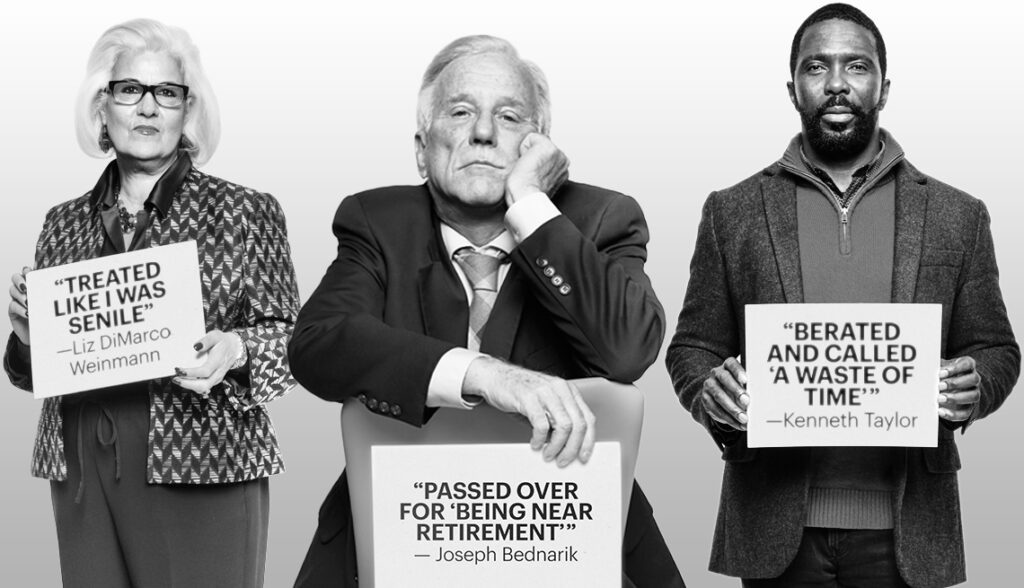
You might be thinking, what is ageism? Ageism refers to actions and attitudes towards people simply based on age and may be biased or prejudiced. Ageism allows people to be systemically mistreated and oppressed on the basis of only age itself, just as discrimination and misogyny do so on the basis of skin color and gender categories.
Stereotyping and having a stigma against older adults or individuals on the grounds of their age is ageism. Today, there are about 600 million adults globally aged 60 years and older. By 2025, this figure will rise to two billion by 2050.
The term was invented in 1969 by Dr. Robert Butler, the first Director of the National Institute on Aging, at a time when our increasing awareness of racism and misogyny was fueling social change. He first admitted decades earlier, that he was horrified as a young and idealistic medical student to see his fellow residents and teachers regularly refer to elderly people as “geezers” and “old witches” and downplay their rather specific needs.
Even though we have made strides in society to not discriminate against seniors, ageism is still prevalent. 80 percent of television advertisements used common aging stereotypes between the 1950s and 1990s. The use of negative stereotypes dropped by almost 50 percent in a new study of television commercials. Current studies show that the secret to suppressing the influence of ageism is embedded in intergenerational practices that are deliberate. The first step is to educate young people that the elderly are not only what you see in nursing homes. People should not have their only depiction of seniors be their visits to nursing homes. It should be reinforced that outdated aging stereotypes such as: frail, feeble, sick, dependent, etc are not the only attributes of the elderly. Only 5% of people 65 years of age or older reside in nursing homes. The key is to diversify young people’s perceptions of older people so that they have more precise knowledge on what being older entails. This will help push the narrative that age is really only a number.
WellPath Partners is your senior resource referral guide. Follow us on ALL social media platforms and join us weekly for more content and public health discussions
By Cynthia Aparicio
Senior Care Advising Intern at WellPath Partners
Human Development Student at California State University, Long Beach

Hi there! I just want to offer you a huge thumbs up for your great info youve got here on this post. I am coming back to your website for more soon.